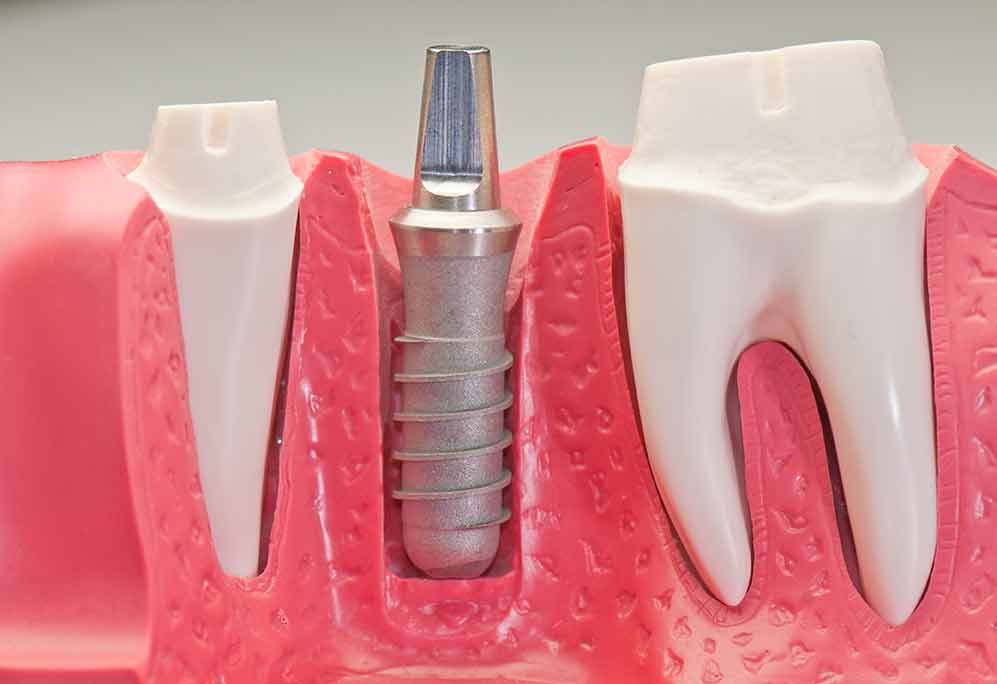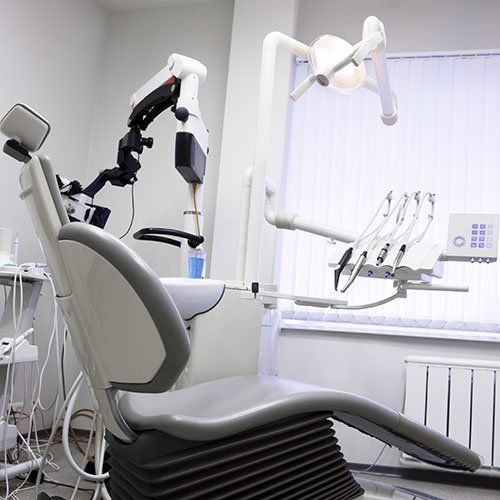
If you refuse to see an oral surgeon about your aching partially impacted wisdom tooth, you may regret your decision later. Wisdom teeth that don't erupt completely out the jawbone can become infected with bacteria. The infection can spread to the structures supporting the tooth, including the jawbone and gum tissue surrounding the tooth.
Here are things that could happen if you don't see an oral surgeon about your partially impacted wisdom tooth.
Here are things that could happen if you don't see an oral surgeon about your partially impacted wisdom tooth.

An oral-maxillofacial surgeon is one who operates on the mouth and surrounding tissues. However, it's a little more in depth than that. Oral-maxillofacial surgery involves diagnosing diseases and prescribing treatments for them as well as treating injuries and defects of the maxillofacial area. Oral-maxillofacial surgeons work on both functional and aesthetic aspects of your mouth.
While there are a variety of reasons you may seek out an oral-maxillofacial surgeon, below are five of the most common.

Temporomandibular joint disorder, or TMD as it is commonly referred to, is a common and frustrating condition. Though it generally manifests as an achy or painful jaw, it may lead to a host of more serious issues, from abscesses to infections. Such issues are both highly uncomfortable and quite costly.
Unfortunately, many people suffer from TMD without ever realizing it--simply because they are not familiar with this condition. If you would like to improve your knowledge of this frequently experienced dental disorder, read on. This article will provide you with a useful overview of the symptoms, causes, and treatments of TMD.
Unfortunately, many people suffer from TMD without ever realizing it--simply because they are not familiar with this condition. If you would like to improve your knowledge of this frequently experienced dental disorder, read on. This article will provide you with a useful overview of the symptoms, causes, and treatments of TMD.

If you’re over the age of 18, it’s likely that you’ll need to have your wisdom teeth
removed at some point in the future. This is usually done in your late teens or early twenties, but it’s possible to have your teeth extracted later in life if they’re causing a problem. If you’re on the fence about whether to have your wisdom teeth removed, follow these guidelines.









